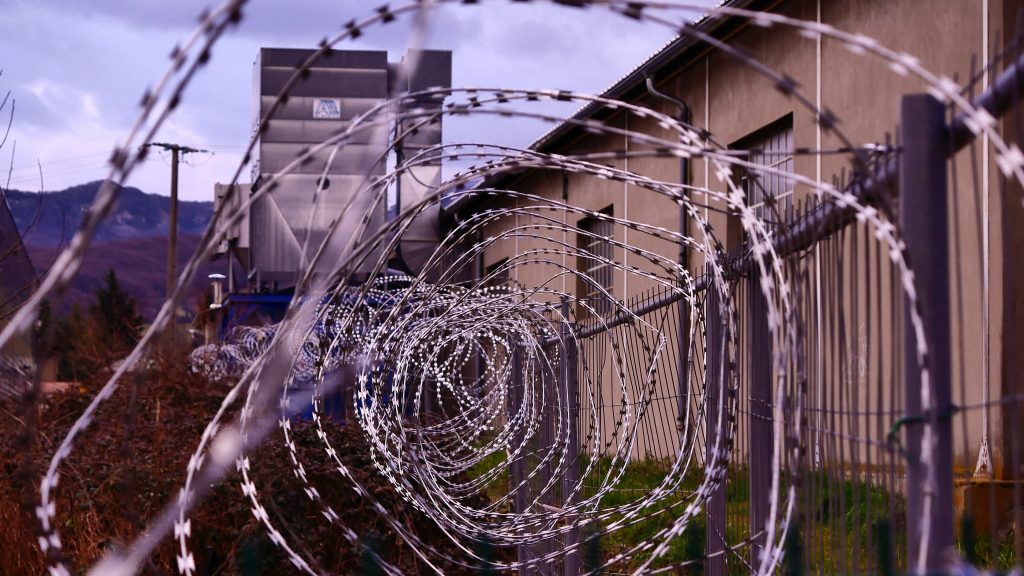The government has pledged to roll out extended police stop-and-search powers across England and Wales in a move campaigners say is ineffective, discriminatory and which will give rise to “lazy policing”.
Home Secretary Priti Patel announced on Sunday (11 August) plans to enable 8,000 officers to deploy extended stop and search powers in a designated area, without needing reasonable grounds for suspicion, if serious violence is anticipated.
These Section 60 powers, as they are known, had already been piloted by Patel’s predecessor Sajid Javid in seven police forces considered to have high levels of serious youth violence including London. They will now be rolled out to all 43 forces in England and Wales and the British Transport Police.
But Katrina Ffrench, chief executive of StopWatch, told RightsInfo that move was “about political perceptions and personalities” rather than evidence and will foster mistrust between police and black and minority ethnic (BME) communities.
“They have taken an approach which flies against evidence-based policing,” she said. “If we want harmonious community relationships we should do things based on evidence, not on a whim.”
Stop And Search: ‘Officers Do Not Have To Use Their Brains’

Katrina Ffrench, chief executive of charity StopWatch. Image Credit: StopWatch.
Ms Ffrench spoke of the trauma experienced by a family of three in February this year who were stopped by police while driving through Brixton at midnight. A mum, and her 15-year-old son, had collected her partner from work when police officers stopped their vehicle and began banging on its windows shouting: “Get out the car. Get out the car.”
All three family members were separated from each other and the dad was wrestled to the floor and handcuffed, they told the charity. Ms Ffrench said: “They were waiting for about 40 minutes. What the mum found quite harrowing was that her son, who has ADHD, was looking around for her while the police kept shouting: ‘Stop looking around.'”
Officers do not have to use their brains, intuition or skills of observation to see if someone is carrying anything.
Katrina Ffrench, chief executive of charity StopWatch
When the family returned home, their son paced about for around an hour due to the stress, asking: “Mum, what if you weren’t there?”
The police found nothing.
There were almost 7,000 arrests for offensive weapons last year and 900 arrests for firearms after stop and search checks, the Home Office stated in its latest press release.
But with more than 277,300 stop and search checks conducted in 2017/18 – this amounts to weapons being found in only three percent of cases, Ms Ffrench highlights.
“What needs to be discussed is the efficacy of the power and the harms it has by giving rise to lazy policing,” she said. “Officers do not have to use their brains, intuition or skills of observation to see if someone is carrying anything.”
‘Dragged Into The Criminal Justice System’

Image Credit: Unsplash.
Ms Ffrench fears that the tactic will lead to people from BME backgrounds entering the criminal justice system who would not have otherwise.
“If you are a black boy and you’re on your way to your mate’s house with a spliff and you’re stopped and searched because they think you have a weapon – you’re now going to get penalised for a drug offence that would have never come to the attention of the police.
“However, under section 60, white people carrying drugs are less likely to get stopped and searched. So they are less likely to get dragged into the criminal justice system.”
She added: “We are seeing how black communities and Asian and minority white communities are not policed in the same way that white middle class England is. That’s part of the problem.”
This will ultimately erode trust between BME communities and the police deterring them from reporting crimes as victims, she said.
Ms Ffrench laments what she sees as a regression from the progress made by Theresa May during her tenure as Home Secretary – where in 2014 she introduced the voluntary Best Use of Stop and Search Scheme. This sought to make the tactic more transparent and “intelligence-led”.
“Our point is that stop and search has a place in society if it’s carried out appropriately,” Ms Ffrench said.
What Does The Home Office Say?
Making her announcement, Home Secretary Priti Patel said: “We are experiencing a knife crime epidemic and I am determined to put a stop to it.
“Police chiefs are clear – stop and search is a vital tool in combatting the scourge of serious violence and keeping people safe. Today I am giving them my full support and more police authority to approve stop and search to halt this terrible crime in its tracks.”
Dept Chief Constable Adrian Hancock, National Police Chiefs’ Council Lead for stop and search, also welcomed the move.
He said: “The extension of this pilot to all 43 police forces, and British Transport Police across the rail network, will help to reduce bureaucracy and allow officers to use Section 60 controls much faster when it is clear it is in the public interest to do so.”
Want to know more? Read:
- An explainer on how stop and search relates to human rights.
- A report from StopWatch indicating how stop and search could be fuelling crime.







